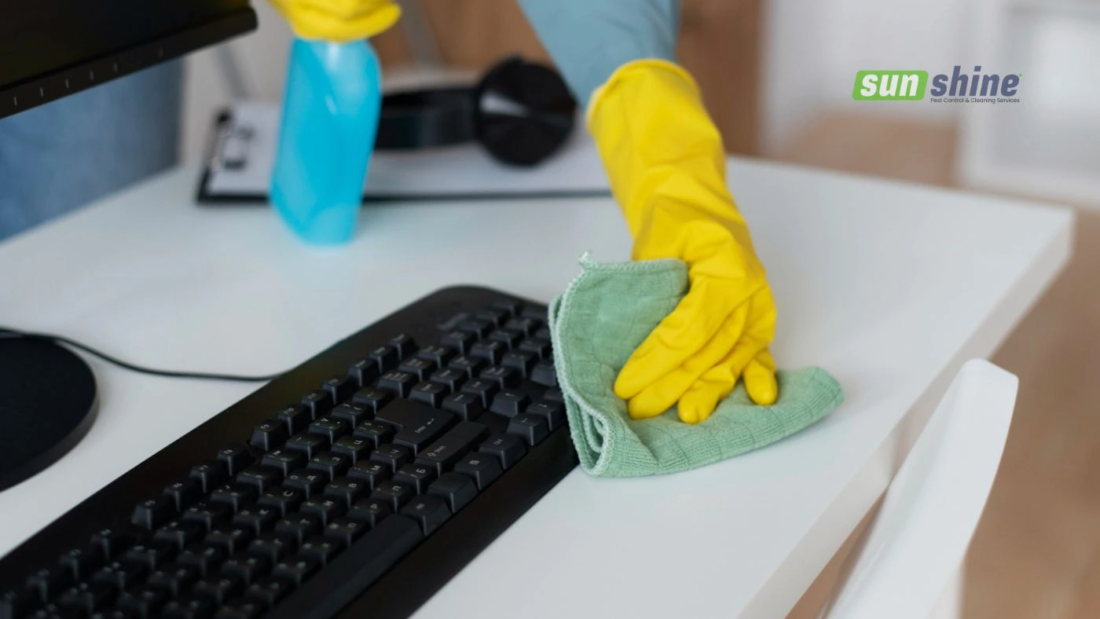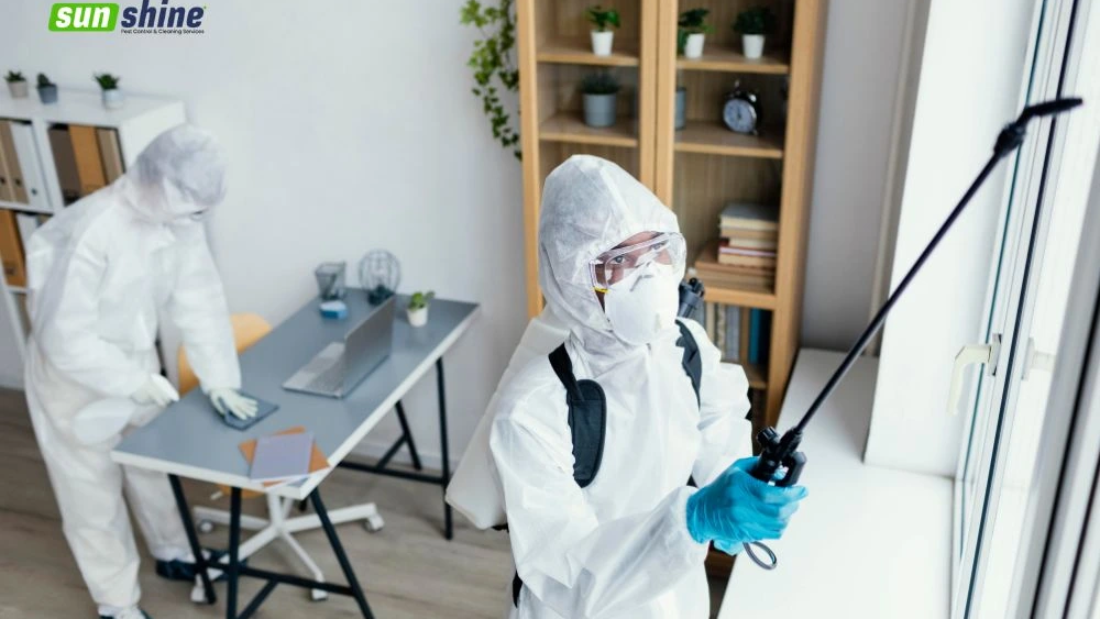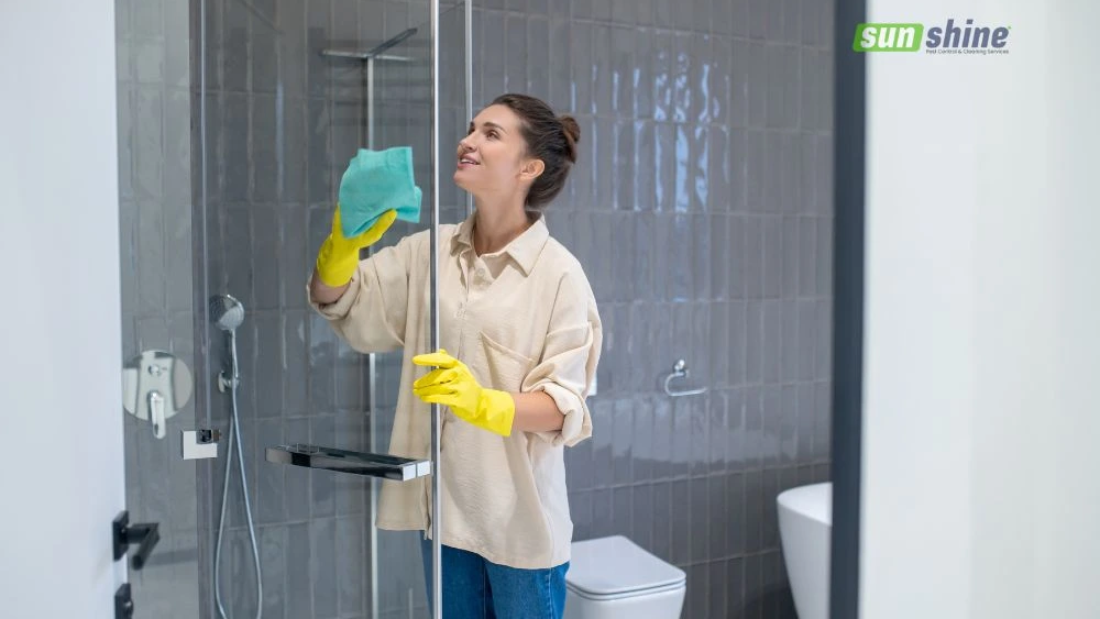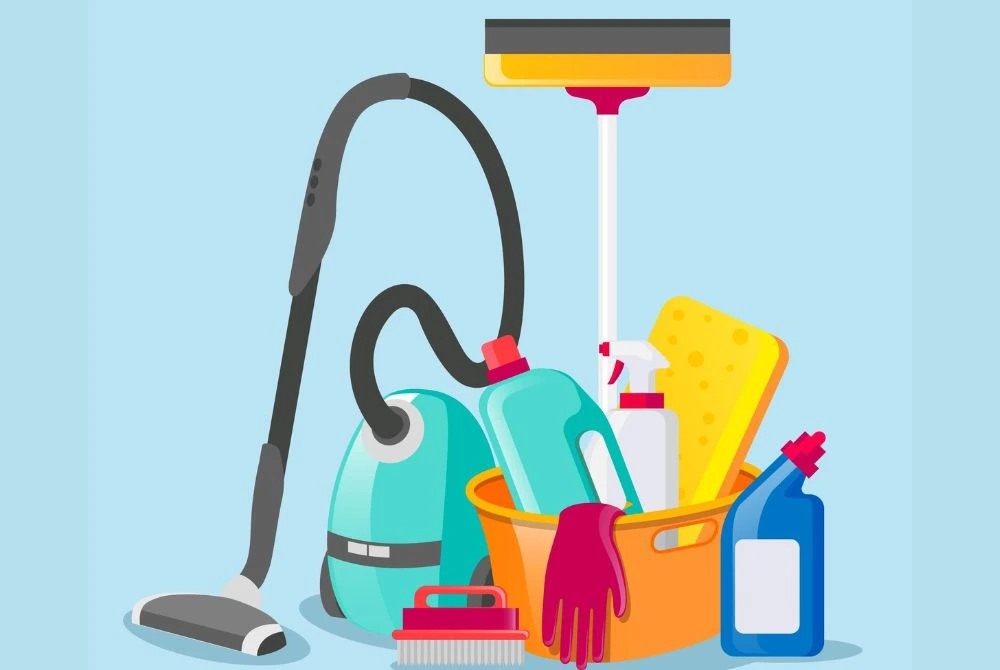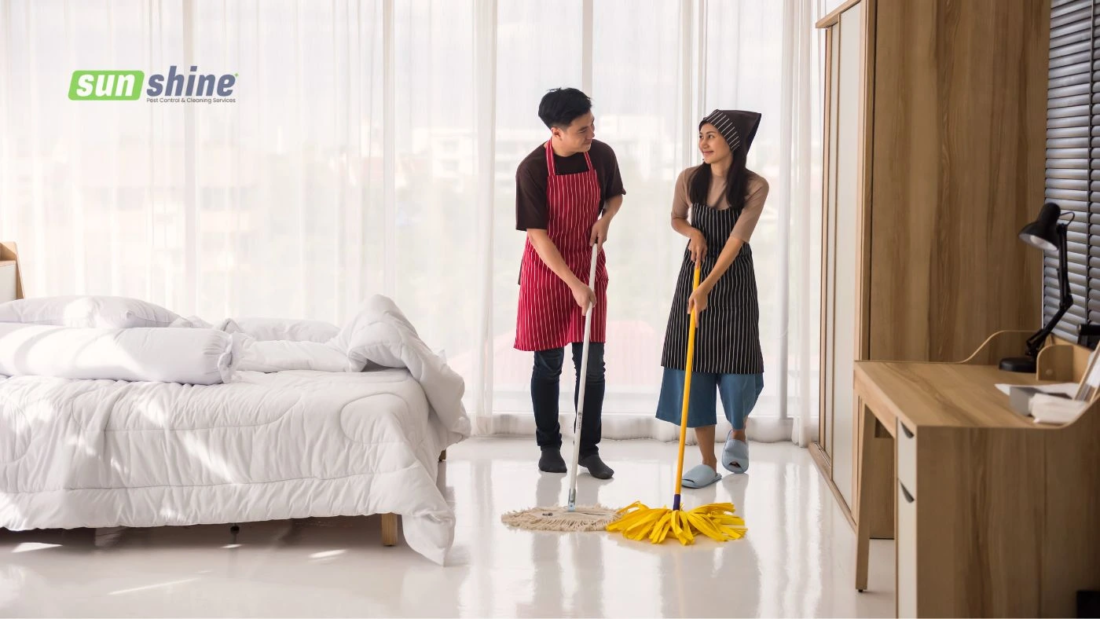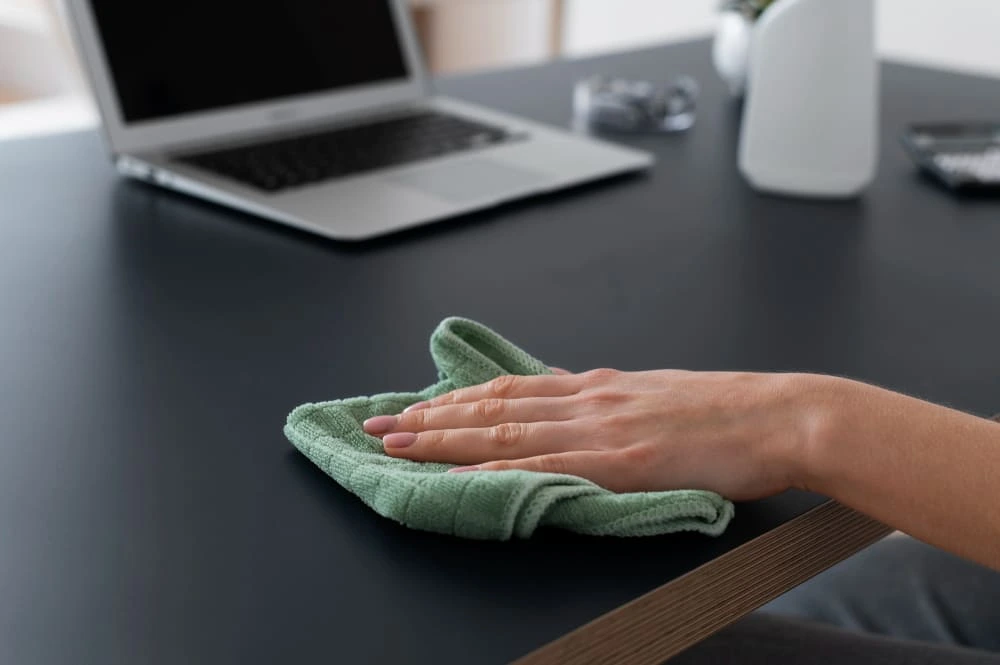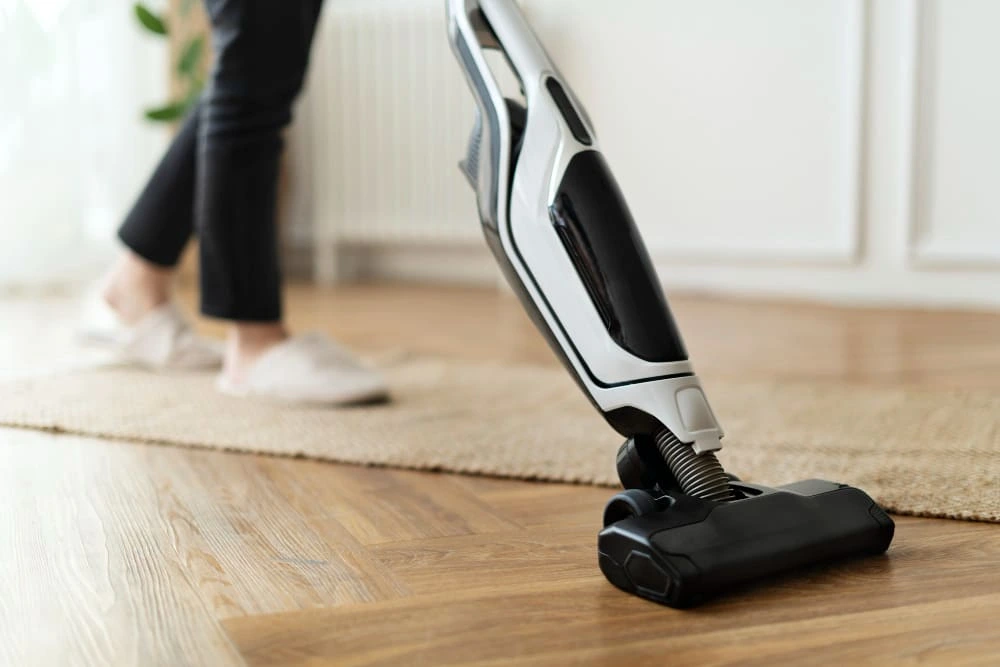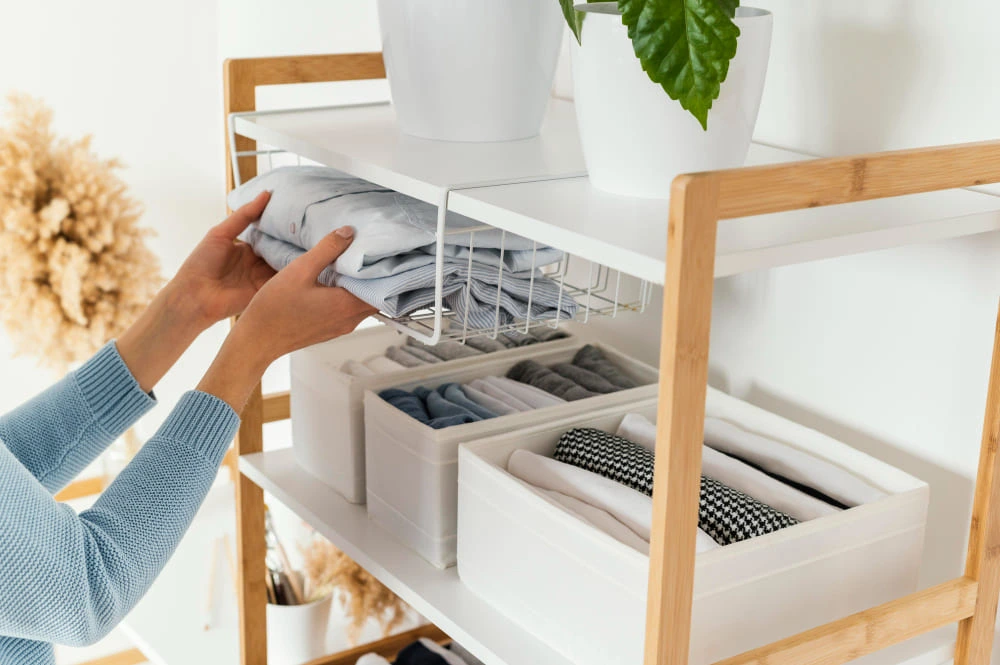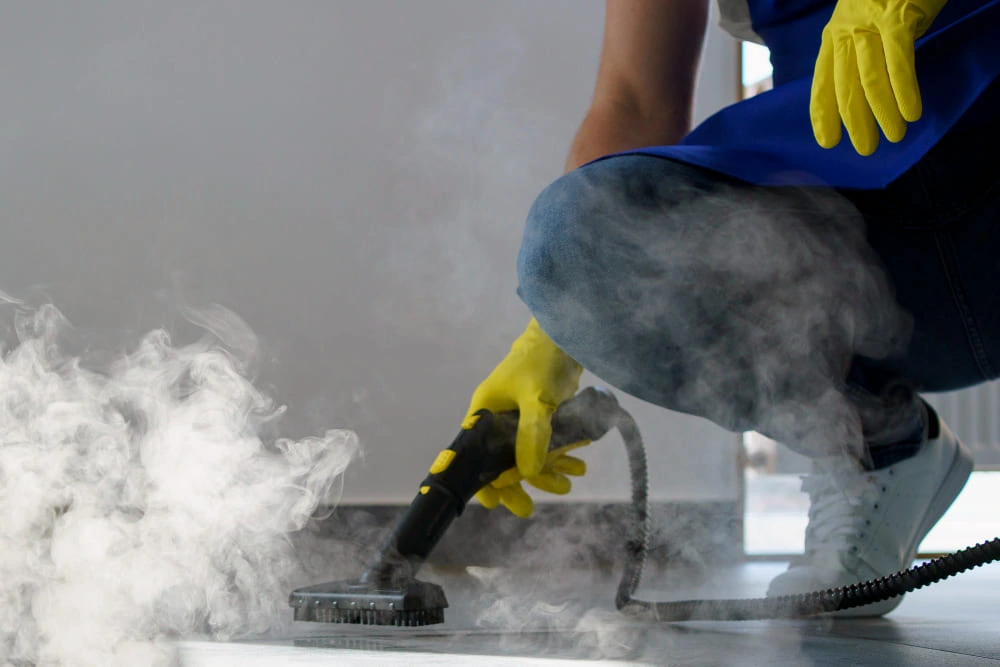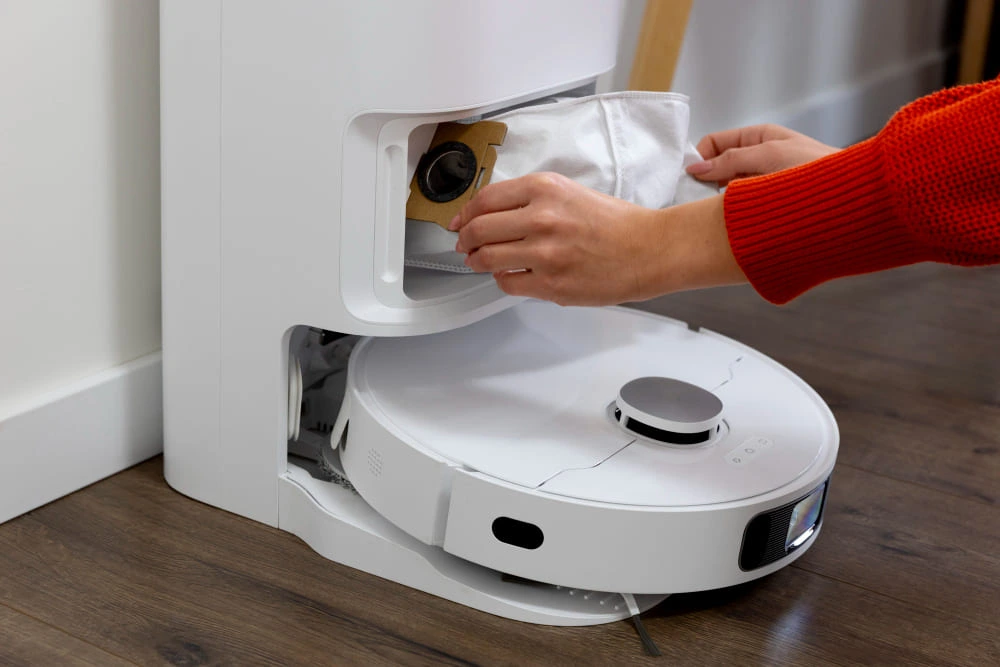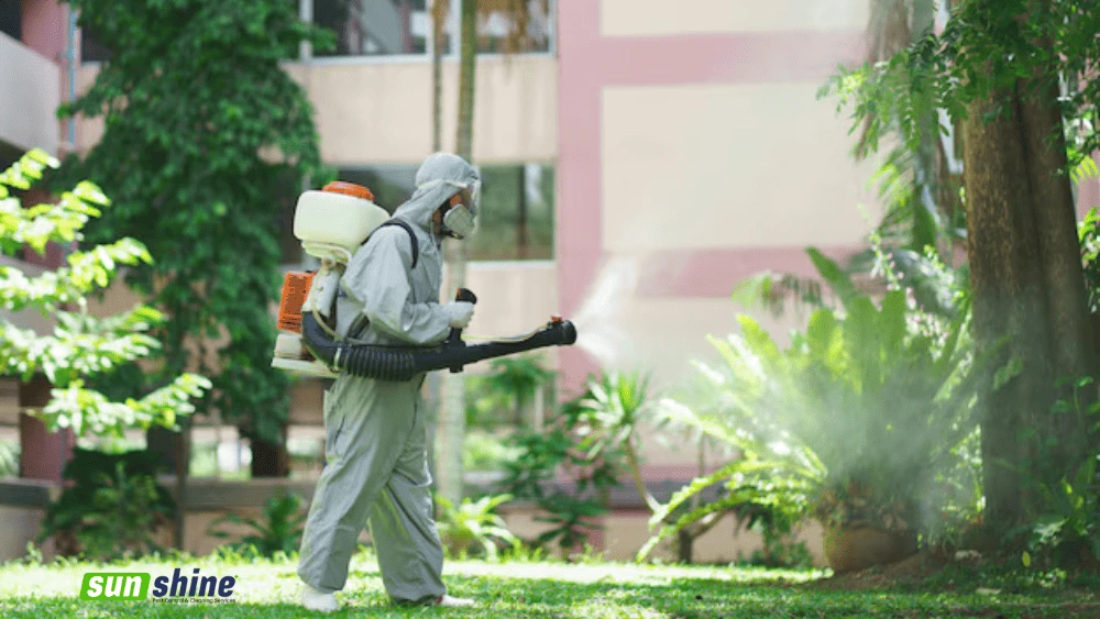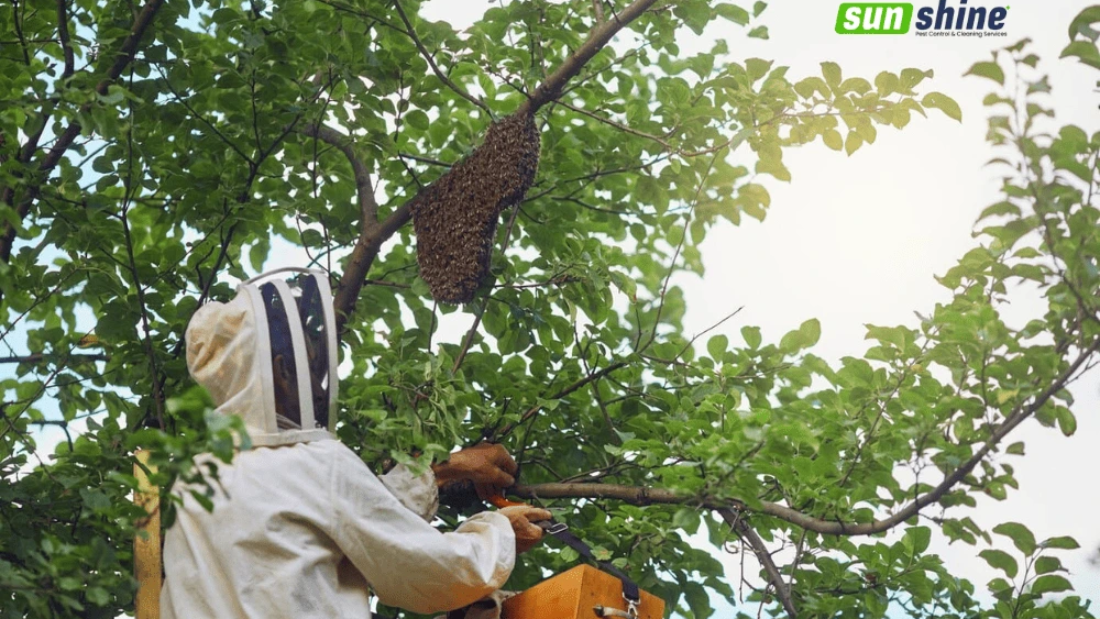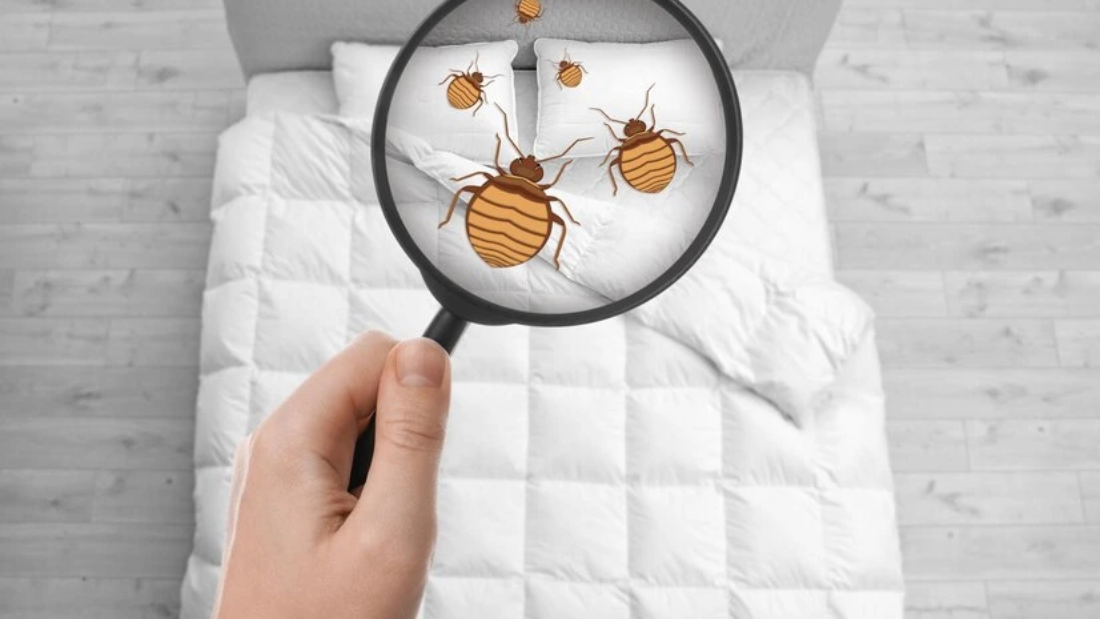An orderly and clean workspace has a direct impact on health, productivity, and the atmosphere at work. It’s not just about looks. Employees are more motivated in a tidy workspace, while clients and visitors form a positive impression of your company. Whether you have a small workspace or a large corporate setup, maintaining cleanliness is essential. This guide will walk you through how to clean an office effectively and keep it fresh, hygienic, and professional.
Why Office Cleaning Matters
- Boosts Productivity: A clutter-free and neat environment reduces stress and helps employees focus better.
- Promotes Health & Safety: Regular cleaning prevents the spread of germs, allergens, and bacteria.
- Professional Appearance: Clients and partners are more impressed by a clean office.
- Longevity of Assets: Furniture, carpets, and office equipment last longer when maintained properly.
Step-by-Step Guide on How to Clean an Office
1. Declutter and Organise
Start by removing unnecessary items like old papers, broken pens, and unused stationery. Encourage employees to maintain organised desks. Use storage solutions like shelves, file cabinets, and labelled boxes to reduce clutter.
2. Dusting Surfaces
Dust tends to accumulate quickly on desks, computers, and office furniture. Use microfiber cloths to wipe surfaces, including shelves, windowsills, blinds, and baseboards. Pay attention to electronics, but clean them gently to avoid damage.
3. Disinfect High-Touch Areas
Germs can be found on frequently handled surfaces like light switches, door knobs, telephones, keyboards, and lift buttons. Use disinfectant wipes or sprays daily to keep these areas hygienic.
4. Clean Floors and Carpets
- Hard floors: Sweep and mop regularly using suitable cleaning solutions.
- Carpets: Vacuum daily and schedule deep cleaning at least once a month to remove dust, allergens, and stains. If your office carpets are very dusty, you can contact Sunshine for carpet cleaning services.
5. Sanitise Restrooms
Office restrooms require special attention. Disinfect toilets, sinks, taps, mirrors, and floors using strong cleaning agents. Always ensure that soap dispensers, tissues, and sanitisers are refilled.
6. Empty Trash Bins
Garbage should be cleared daily to avoid foul smells and bacterial buildup. Use separate bins for recyclables and general waste to encourage eco-friendly disposal.
7. Maintain Kitchen & Pantry Areas
Office kitchens can quickly become messy. Clean sinks, countertops, microwaves, and refrigerators regularly. Discard expired food and encourage staff to keep the space tidy.
8. Ventilation and Air Quality
Dust and odours can linger if the office isn’t well-ventilated. Clean air vents, replace filters, and ensure proper airflow for a fresh environment. Adding indoor plants also helps improve air quality.
Professional Office Cleaning Services vs DIY
Employees can handle everyday maintenance, but expert cleaning services guarantee comprehensive cleaning using advanced tools and environmentally safe materials. They cover deep cleaning tasks like carpet shampooing, window washing, and disinfection services, which may not be possible on your own. If you are running an office in Riyadh, you can call Sunshine for commercial cleaning services in Riyadh.
Tips for Keeping the Office Clean Daily
- Encourage employees to keep their desks neat.
- Provide sanitisers and disinfectant wipes at workstations.
- Implement a clean-desk policy at the end of each day.
- Schedule weekly or monthly deep cleaning.
Office Cleaning Checklist
Keeping an office clean requires both daily upkeep and periodic deep cleaning. Here’s a practical checklist to ensure nothing is missed:
Daily Tasks
- Empty trash bins and replace liners
- Wipe down desks, keyboards, and phones
- Clean and disinfect door handles and switches
- Vacuum or sweep high-traffic areas
- Organize reception and waiting areas
- Refill restroom supplies (soap, tissues, sanitizer)
Weekly Tasks
- Mop and sanitize floors
- Clean glass doors, windows, and mirrors
- Dust shelves, cabinets, and décor
- Wipe down office equipment (printers, monitors, etc.)
- Clean and disinfect breakroom surfaces and appliances
Monthly Tasks
- Deep clean carpets and upholstery
- Wash curtains or blinds
- Polish furniture and fixtures
- Check and clean air vents and filters
- Declutter storage rooms and cabinets
Seasonal or Quarterly Tasks
- Professional deep cleaning of carpets and floors
- Wash exterior windows
- Disinfect water dispensers and coffee machines
- Inspect and clean lighting fixtures
- Review and refresh the office layout for better organization
Note: In addition to regular office cleaning, don’t forget that cleaning the office water tank is equally important. Over time, sediment, algae, and bacteria can build up in water tanks, contaminating the water supply. A thorough cleaning every few months ensures safe drinking water for employees, prevents health risks, and maintains hygiene standards in the workplace. You can contact Sunshine as your water tank cleaning company in Riyadh.
A Cleaner Office for a Healthier Workplace
A clean office is not just about hygiene; it reflects the professionalism and values of your business. By following this guide on how to clean an office, you can create a workspace that’s healthy, welcoming, and productive. For deeper cleaning needs, hiring professional cleaning services can save time and ensure every corner of your workplace remains spotless.


